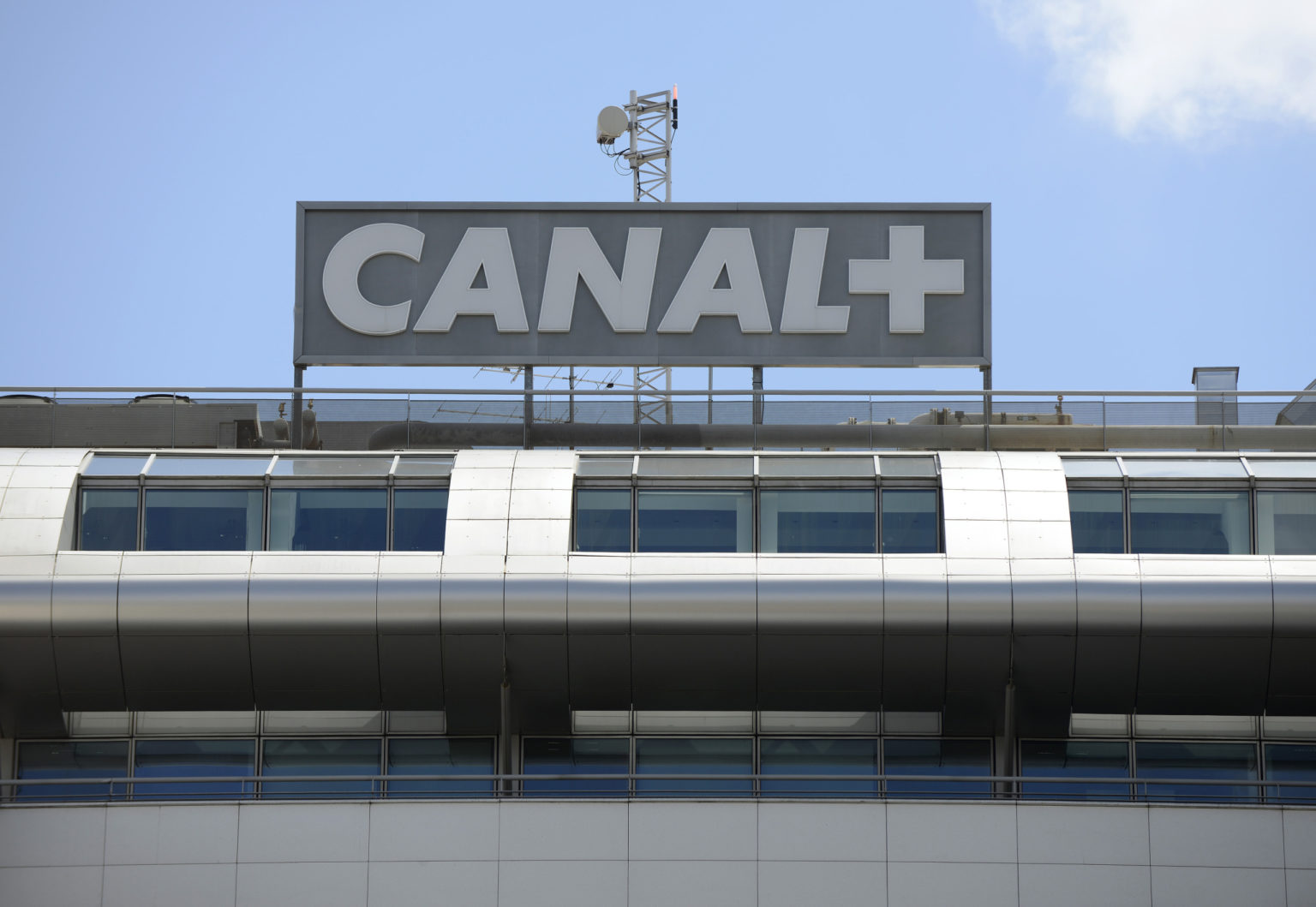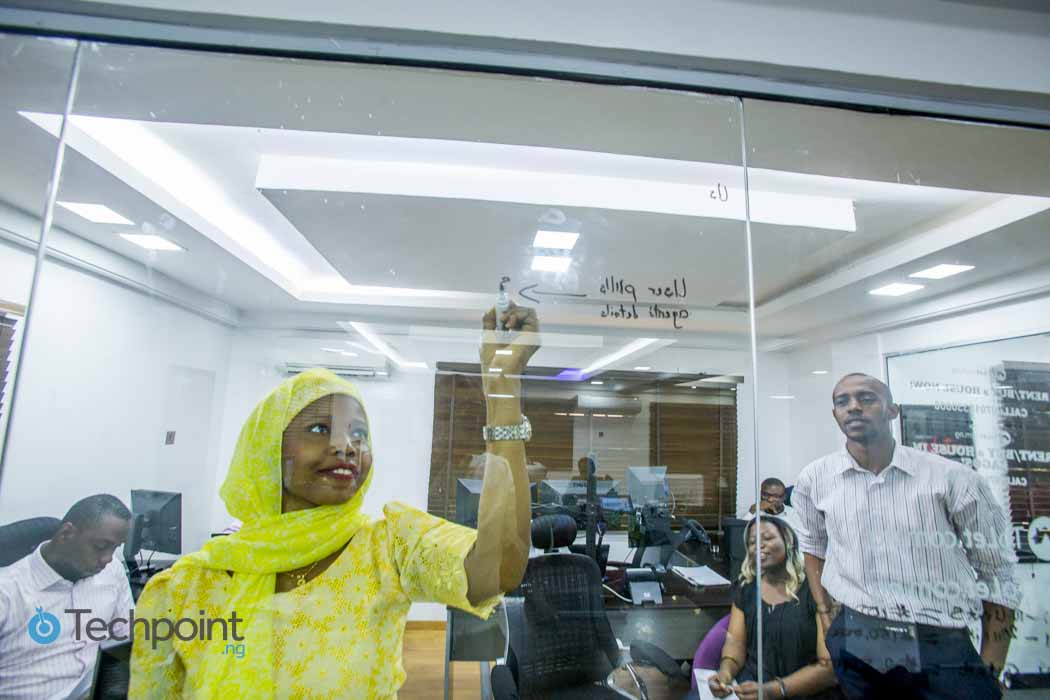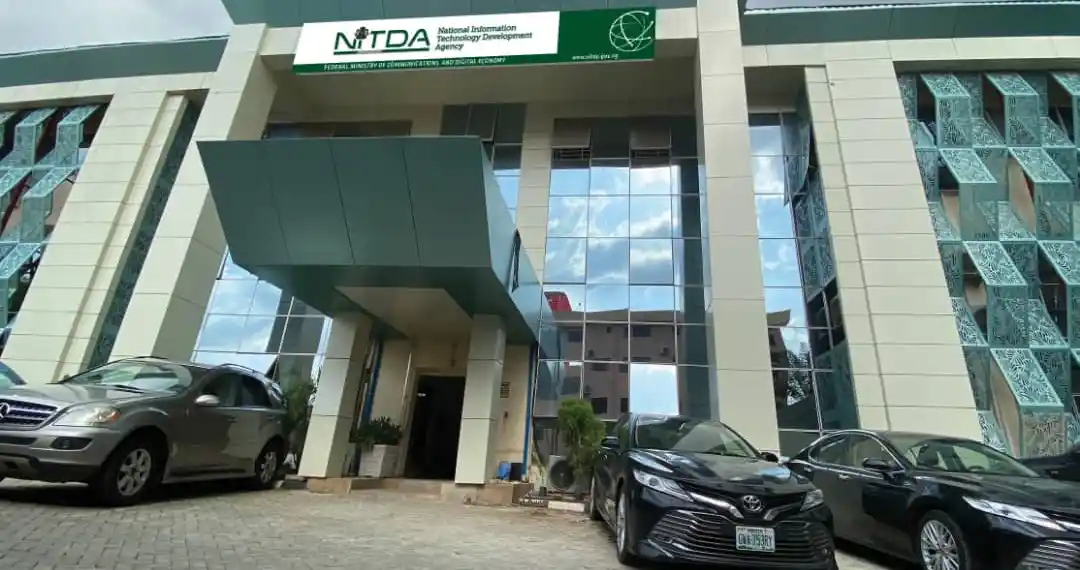Bureau de Change (BDC) operators in Nigeria may be forced to go digital according to new guidelines proposed by the Central Bank of Nigeria.
On Friday, February 23, 2024, the CBN released a draft containing proposed regulatory and supervisory guidelines for Bureau de Change operators in the country. The draft guidelines revisit activities that the BDCs can engage in, capital structures, and corporate governance frameworks.
Under the revised guidelines, BDCs may only acquire and sell foreign exchange, issue prepaid cards to customers (in collaboration with banks), and open foreign currency and naira accounts while serving as cash-out points for International Money Transfer Operators.
It also restricts the sale of foreign currencies by BDCs to personal travel allowance, business travel allowance, medical bills, school fees, and repurchasing unused Naira from a non-resident who provided foreign currency to the BDC during their visit.
Furthermore, it contains an upward review of the financial requirements for operating a BDC in the country and creates two licence categories: tier 1 BDCs and tier 2 BDCs.
Tier 1 BDCs are required to have a minimum capital requirement of ₦2 billion, a mandatory caution deposit of ₦200 million, a non-refundable application fee of ₦1 million, and a non-refundable licence fee of ₦5 million. They are also required to pay an annual licence renewal fee of ₦5 million.
On the other hand, tier 2 BDCs will be required to have a minimum capital requirement of ₦500 million, a caution deposit of ₦50 million, an application fee of ₦250,000, and a licence fee of ₦2 million. They will also need to pay an annual licence renewal fee of ₦1 million.
Following the release of the guidelines, some BDC operators in the country have lamented the increase in licencing fees, while others say mergers could be considered to meet the CBN's licencing requirements.
BDCs to go digital
Should the guidelines push through in its current state, the activities of BDC operators in the country will become digitised.

Be the smartest in the room
Give it a try, you can unsubscribe anytime. Privacy Policy.
Per the draft guidelines, BDC operators will now be required to integrate with the CBN and Nigeria Interbank Settlement System (NIBSS) before receiving final approval for their licences.
A BDC operator must have concluded integration with systems such as the returns rendition system, the Financial Institutions Foreign Exchange Reporting System (FIFX), Financial Analysis (FinA), and the Centralised AML/CFT/CPF rendition platform (CARP).
They will also be required to connect to the Tax Identification Number (TIN) Verification Portal of the Federal Inland Revenue Service (FIRS). Integration with NIBSS will enable them to access its Bank Verification Number (BVN) database, which will be required before approving transactions by Nigerian residents.
Despite the attempt to digitise financial services, it is essential to note that most, if not all, BDC operators in the country have no experience building technology products and largely have manual operations according to experts who spoke to Techpoint Africa.
Consequently, it could negatively affect their operations. For starters, they need to hire in-house tech teams or outsource the building and maintenance of these systems.
When combined with the increased capital requirements to operate, most BDC operators may shut down or merge operations to stay alive. On the flip side, it provides an opportunity for businesses that can help with this integration.
Still, the requirement to issue cards in collaboration with commercial and non-interest banks provides an opportunity for banks in the country, according to Babatunde Akin-Moses, CEO of Sycamore.
"If I were running a commercial bank, I'd be looking for a BDC to collaborate with because it means more business for me," he says.
But while the guidelines do not specify whether fintechs that work with commercial banks will be allowed to provide these services, he adds that there could be opportunities for fintechs without a CBN licence to venture into the space.





















